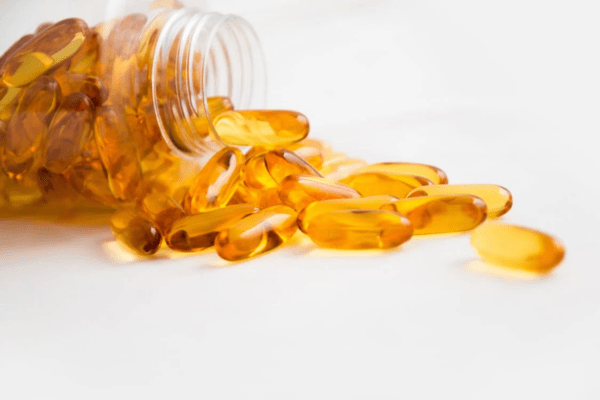
Natural supplements aimed at mental health have become somewhat well-known. Many people are looking for substitutes for pharmacological treatment as anxiety, hopelessness, and stress are on the increase rise. Natural supplements from herbs, plants, and other sources could help with mental health. This page looks at the advantages and scientific background of the mental health impacts of some supplements.
Natural supplements for mental health
Natural supplements include herbs, minerals, amino acids, and vitamins. These supplements are promoted as safe and efficient mental health remedies. Additionally, CBD is recognised for its potential benefits in reducing anxiety, improving sleep, and promoting a sense of calm. Look for a reputable company like The CBD Supplier that offers natural remedies to potentially help with anxiety and depression. Natural supplements, usually alongside with traditional therapy, may help with mental health issues. They couldbe an important part of a comprehensive strategy for mental health, offering extra assistance in addition to traditional therapies. The use of natural supplements in mental health treatment plans is projected to rise as interest in complementary and alternative therapies develops, giving people more alternatives for reaching optimal mental well-being.
Common natural supplements and their uses
Many natural compounds are hailed as having mental health benefits. Omega-3 fatty acids in fish oil are well-known to boost brain activity and reduce depression. High omega-3 levels have been associated with a lower risk of depression. Another often-used herbal remedy for mild to moderate depression is St. John’s Wort, which lowers anxiety and boosts mood.
Adaptogens and stress
Adaptogens are a special family of natural supplements that maintain homeostasis and enable the body to cope with stress. Renowned adaptogen ashwagandha has been investigated closely for its stress- and anxiety-lowering effect. By controlling the stress response, ashwagandha aids with daily stress management. Another adaptogen that lessens tiredness and enhances cognition is Rhodiola rosea. They naturally increase mental resilience and well-being.
Vitamin and mineral roles
Minerals and vitamins are vital for mental wellness. The “sunshine vitamin,” vitamin D, controls cognition and mood. The risk of depression rises in vitamin D-deficient individuals. Vitamin D supplements can help with mental well-being and lessen depression. Magnesium is another mineral supporting brain function; it lowers anxiety and improved mood. Maintaining mental health calls for the appropriate consumption of certain minerals.
The science behind natural supplements
Studies have demonstrated how much natural vitamins help to improve mental wellness. For instance, omega-3 fatty acids have been linked to aid in reducing depression and anxiety. Likewise, since St. John’s Wort has shown success in treating mild to moderate depression, it is seen as a reasonable substitute for antidepressants. Furthermore, ashwagandha and Rhodiola Rosea are advised for mental health promotion since they lower stress and improve cognitive ability.
Conclusion
Natural compounds can significantly improve treatments for mental health issues. These naturally occurring vitamins enhance well-being, reduce anxiety and sadness, and stimulate brain activity, thereby improving mental health. Premium natural products are available for those seeking mental health support. As research on these supplements continues to grow, mental health specialists have a variety of safe and effective options to choose from. Including natural supplements in a comprehensive mental health plan can help improve outcomes and enhance quality of life.
